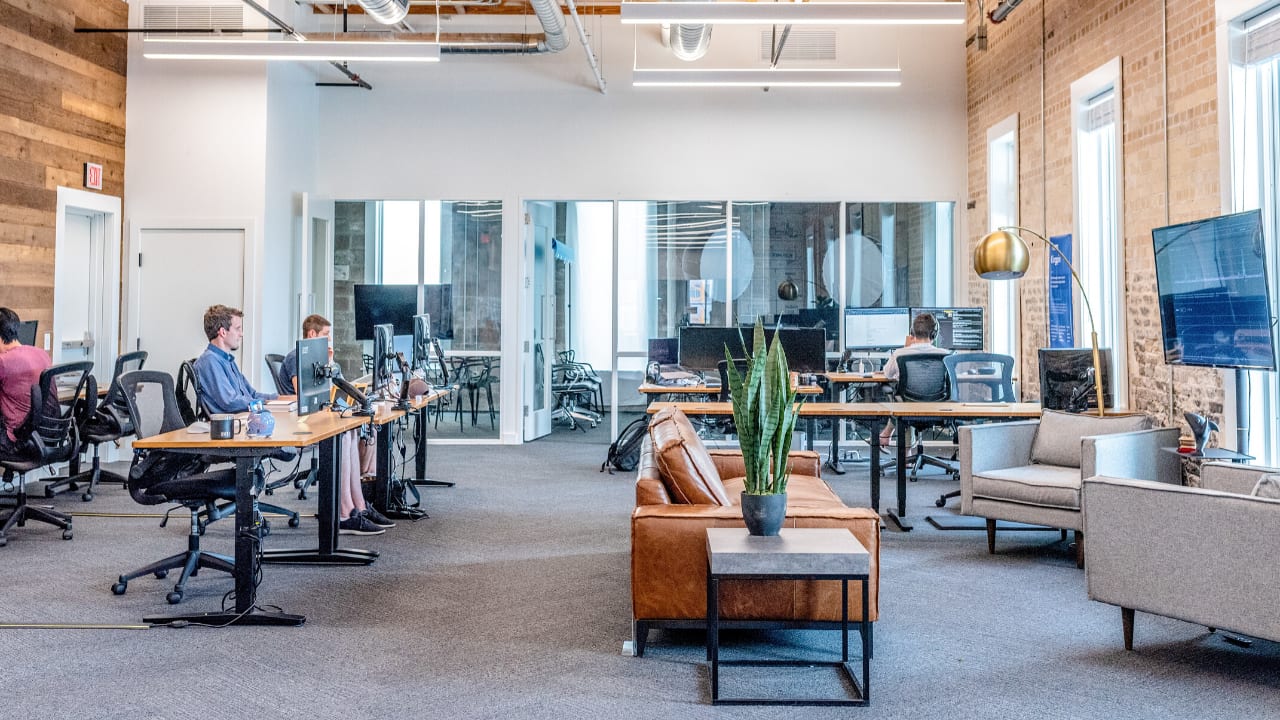The flexible workspace industry is known to reflect business trends. Yet, with millions of working parents around the globe struggling to balance work and family life, why do so few flexible workspaces offer childcare supervision?
The answer, it seems, is one that has blighted so many inspirational coworking spaces: lack of revenue.
This ultimately brought about the demise of NextKids in San Francisco, a coworking space launched in 2013 with dedicated on-site childcare services. It was widely accepted as the first of its kind in the U.S., and it was with great regret that CEO Diana Rothschild closed its doors in January 2016, citing problems with revenue and property lease terms:
“Closing our first NextKids is a disappointment for our team, our families, and myself… San Francisco is a hard rental and business market at this juncture – and given our revenues, we couldn’t renew our lease at possible terms in a timely manner.” – Diana Rothschild, NextKids CEO
Even the fierce determination of Rothschild, a pioneer who launched the first coworking space with dedicated on-site childcare in the US, couldn’t generate the necessary revenue to keep this much-needed service on its feet.
Yet Rothschild believes the model can work:
“The positive impact of our work, however, will be felt far into the future. This is the end of the first iteration of NextKids, but it is by no means the end of the journey for the company. We look forward to continuing to deliver the great experience our members have gotten to know and love at our other NextSpace locations.”
Indeed, NextKids isn’t the only workspace of its kind – nor was it the first. Shazia Mustafa’s Third Door launched in 2010 as the first coworking space in the UK with an on-site nursery, and this buzzing community continues to offers its services to working parents and entrepreneurs in London.
Other spaces across the globe are carrying the torch, and the trend appears to be gathering momentum:
- In the UK, notable spaces include Third Door in London and OffiCreche in Brighton. ImpactHub in Birmingham also has a ‘co-crèche’ partnership with childcare company Famalam.
- France is home to CoworkCreche in Paris and Germany has Rockzipfel in Leipzig. In Italy you’ll find CoBaby at PianoC (PlanC) in Milan, and L’alveare (The Hive) in Rome, which offers coworking with children’s facilities.
- There are a number of spaces in the U.S. including Brooklyn Explorers Academy in New York, Work and Play in New Jersey, and Play Work Dash in Vienna, Virginia.
- In February 2016, Trehaus opened – Singapore’s “first family-friendly” coworking space – offering ‘co-work + co-play’ to entrepreneurs with young children.
- Tokyo in Japan is home to Hatch Cowork + Kids and Ryozan Park Otsuka.
- In Australia, there’s Happy Hubbub in Melbourne and BubDesk in Perth.
These co-childcare spaces, among others, clearly reflect a need expressed by millions of working parents.
However, while researching coworking/crèche spaces, it’s painfully apparent that many have shut their doors since the initial launch fanfare. Others have “put aside” their aspirations for bolt-on childcare services, such as Ellie’s Coworking + Childcare in Seattle and Women’s Plaza in Portland, Oregon, which was reportedly set to open in 2015 but still has yet to launch.
Money makes the world go round, and revenue is a significant obstacle in the success of any coworking space. The addition of childcare throws a plethora of new financial and operational challenges into the mix, from qualified staff and salaries to local regulations, licensing, property lease terms, health and safety, and the inevitable red tape minefield.
As Rothschild says, “The crisis of childcare and the conversation of how we can enable and empower parents, and support them, is just starting.”
But as we have seen in some of the examples above, and just as Rothschild promised, the model CAN work. Her vision of “a new way to live and work – together, without compromise” is not unattainable, and nor should it be. Rather than chasing work/life balance, would it not be more conducive to seek harmony by creating a place in which work and family life can co-exist?
Rothschild thinks so, and she’s not ready to close the book on co-childcare just yet: “I still think we are, and we will always be, better together.”















